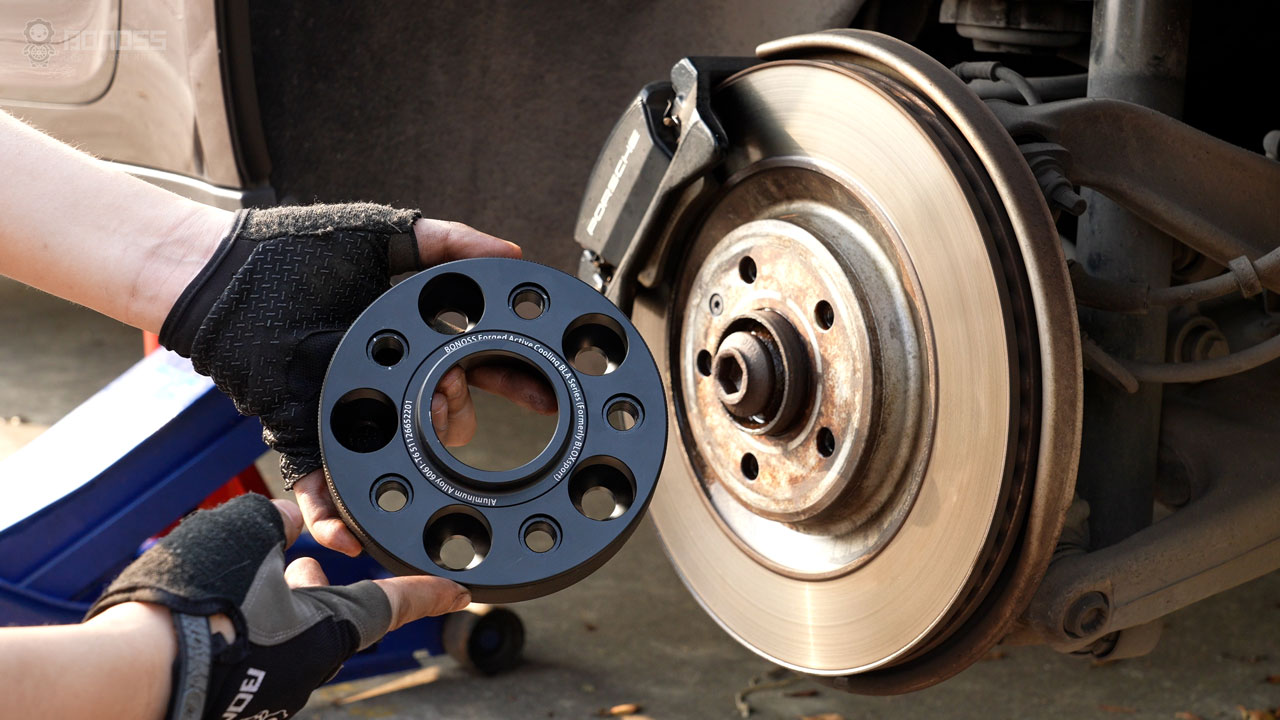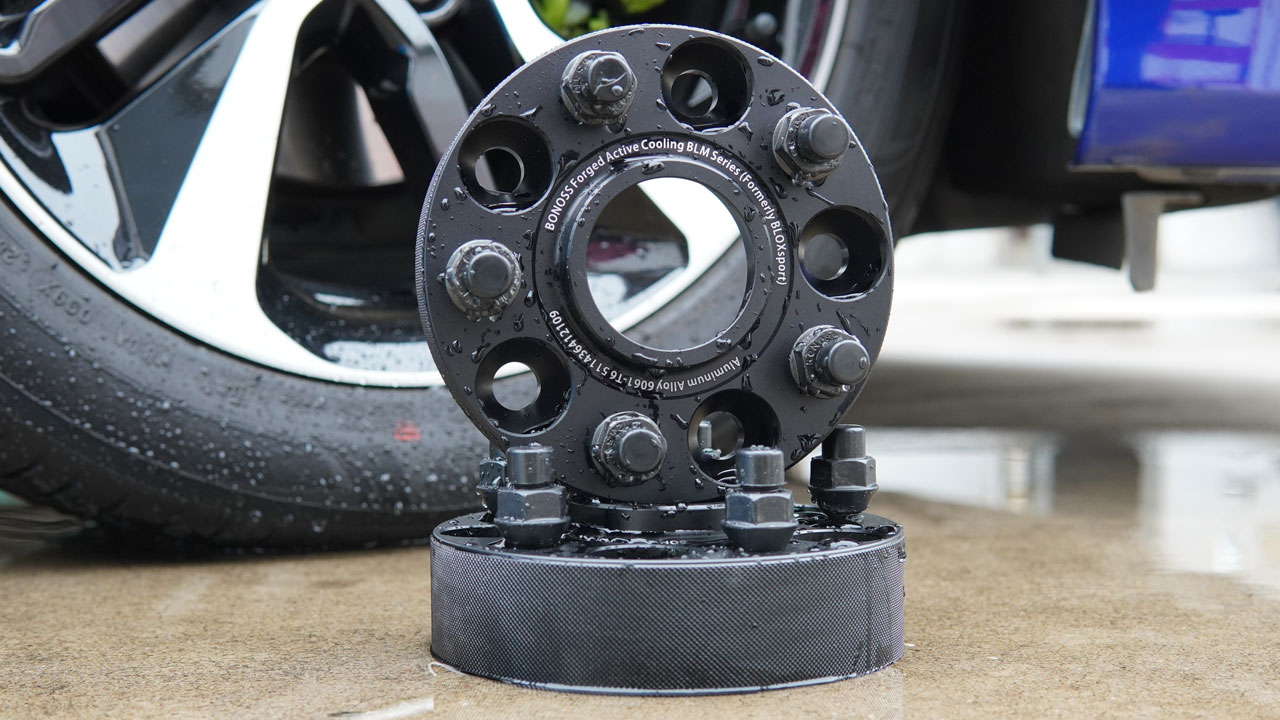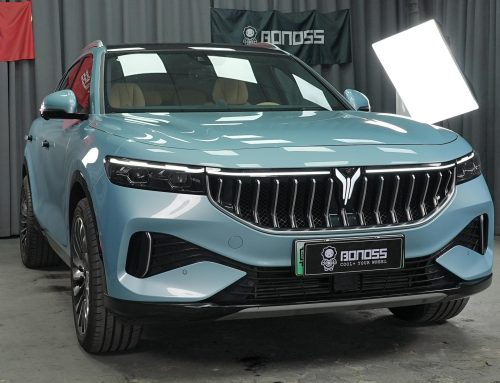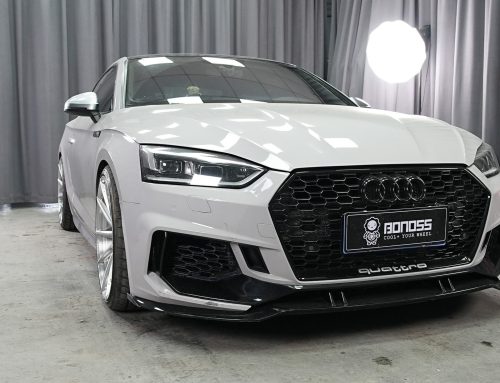
There are thousands of wheel spacers that exist on the market. Once you have wider tires or bigger brake calipers installed, there is a high chance you need wheel spacers. Now let’s leave the common spacers considerations aside, and focus on the materials. Wheel spacers are made of several types of metals like steel and aluminum. Different materials provide different mechanical characteristics. Basically, there is really no obvious difference among these spacers. The best wheel spacers are the ones that fit the vehicle and meet your requirements perfectly. Always stick to high-quality wheel spacers, then you can enjoy all the upsides of spacers. For those shopping for aftermarket wheel spacers, we make a short guide to the materials.
Steel Spacers or Aluminum Wheel Spacers, Which is Better?
Steel wheel spacers are significantly stronger than aluminum spacers. It is nearly impossible to crack a well-produced steel spacer and bending a steel spacer would require tremendous force. Another advantage of steel wheel spacers is the price. If you get steel wheel spacers installed, the cost will be inexpensive compared to aluminum replacement. For those looking for cheaper but more durable options, steel wheel spacers are the way to go.
However, steel wheel spacers are much heavier than aluminum ones. The heavier weight will dampen acceleration, agility, and fuel efficiency. Although there are different coats to prevent the steel spacers from oxide, it can’t be overlooked that steel will corrode a little faster than aluminum in the same conditions. Since steel rims offer little compatibility, it is not recommended to use steel wheel spacers on a vehicle that was made to fit alloy wheels.

Nowadays, aluminum wheel spacers become the standard spacers used for performance improvement and appealing look. If you are looking for wheel spacers with durability and lightweight, then buying aluminum spacers is the route to go. Aluminum wheel spacers generally perform better than steel ones. They are much lighter than steel wheel spacers, which allows them to operate at a higher performance in most conditions. Lighter-weight aluminum wheel spacers will also allow for faster acceleration.
Furthermore, aluminum spacers will dissipate brake heat better than steel spacers too. It’s also true that the more aluminum wheel spacers are well designed to offer better venting, allowing for more airflow over the brakes. Steel wheel spacers may eventually rust regardless of if they are painted or chromed. However, aluminum wheel spacers are far more resistant to rust and corrosion than steel alternatives. By properly hard anodized, the corrosion-resistance ability is greatly enhanced. This makes the maintenance cost much lower over time. You don’t need to worry about the aluminum spacers becoming a weak point in the wheel combination due to corrosion and deterioration. For those who live in a moist climate, aluminum wheel spacers are a good choice for a balance of performance, aesthetics, and cost.





